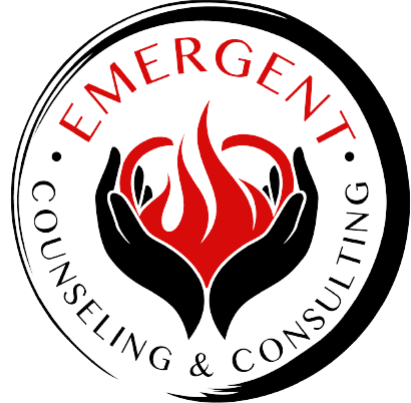The majority of us have a complex relationship with social media, let’s face it. It helps us stay in touch with our friends, keeps us occupied when we’re bored, and occasionally gives us the dopamine boost we need after a demanding day. Despite all of its benefits, it subtly erodes our mental well-being in ways that we frequently aren’t aware of until we’re feeling overburdened, nervous, and confused.
You’re not the only person who has ever closed Instagram or TikTok with a heavy cloud of self-doubt or a pit in your stomach. There is a genuine link between social media and anxiety, and more people are impacted by it than we publicly acknowledge.
The Unseen Weight of Constant Connection
The problem with social media is that it never stops. There’s always a notification to check, a new post to like, or a video to watch, regardless of the time of day. Although this never-ending flow of information can be entertaining, it also overstimulates our minds.
Overstimulation is a breeding ground for anxiety. Our nervous system doesn’t have time to calm down when we’re consuming hundreds of pictures, stories, and updates in a brief period of time. Within five minutes, we can go from laughing at a meme to feeling saddened by tragic news to envious of someone else’s vacation. It’s understandable why our hearts race, our minds wander, and we feel uneasy for no apparent reason.
The Quiet Damage of Comparison
Constant comparison is arguably one of the most subtle ways social media negatively impacts our mental health. It’s nearly impossible to avoid comparing ourselves to those flawless moments, even though we know rationally that people only share their highlights.
When you witness someone getting married, getting a new job, purchasing a home, or visiting a destination you’ve always wanted to visit, your own life seems uninteresting in contrast. Comparison anxiety, as defined by mental health professionals, may be triggered by this. This type of anxiety causes you to doubt your value, your achievements, and whether you’re “falling behind” in life.
The difficult part is that it makes no difference how content or successful you are offline. The never-ending flow of carefully manicured success when you use social media as your lens stories can distort reality and fuel.
FOMO and the Pressure to Stay “On”
It would be impossible to discuss social media and anxiety without bringing up FOMO, or the fear of missing out. Seeing other people at events, brunches, or parties can make you question your plans, even if you’re happy with them. It gives you the subtle but persistent feeling that while everyone else is leading better, more exciting lives, you’re trapped in a cycle of the mundane.
The pressure to be “on” all the time is another factor. The distinction between private and public life is blurred by social media. Feeling pressured to maintain appearances, post frequently, or reply to every message immediately is draining. That continual accessibility makes it harder to get real sleep and raises anxiety levels.
Why It’s Hard to Log Off
Even knowing all this, most of us still struggle to unplug. Social media apps are designed to keep us scrolling. The instant gratification of likes and notifications provides small dopamine hits, making the apps both comforting and anxiety-inducing at the same time.
In a strange way, we use the very thing that triggers our anxiety as a way to soothe it which creates a vicious cycle that’s tough to break.
Protecting Your Peace in a Digital World
The good news is you don’t have to quit social media to find relief. It’s possible to build a healthier, more intentional relationship with it.
Start by noticing how you feel before, during, and after scrolling. Are you using it to genuinely connect and uplift yourself, or to avoid emotions and comparisons? Once you’re aware of the patterns, you can start making small, manageable changes. Maybe that looks like muting certain accounts, taking phone-free weekends, or setting gentle time limits.
It also helps to remind yourself that what you see online isn’t the full story. People rarely post about the ordinary, boring, or hard moments but those moments exist in everyone’s life, no matter how perfect their feed looks.
Final Thoughts
Social media isn’t inherently bad. It’s a tool, and like any tool, it depends on how we use it. But when left unchecked, it can quietly amplify anxiety, erode self-esteem, and keep us stuck in a cycle of comparison and overwhelm.
The key is balance. Learning to recognize when social media is adding to your anxiety, creating boundaries that protect your peace, and giving yourself permission to unplug not because you’re weak, but because you’re worth protecting.
Your mental health matters more than your online presence. Always.

